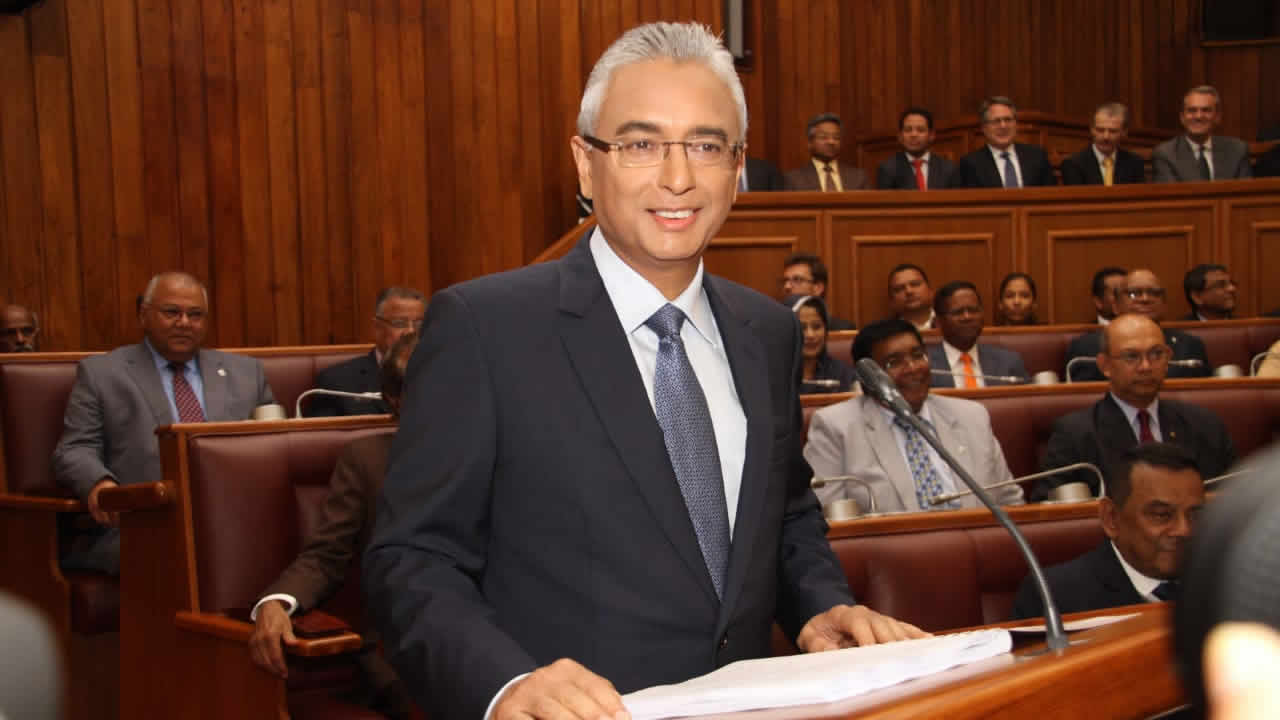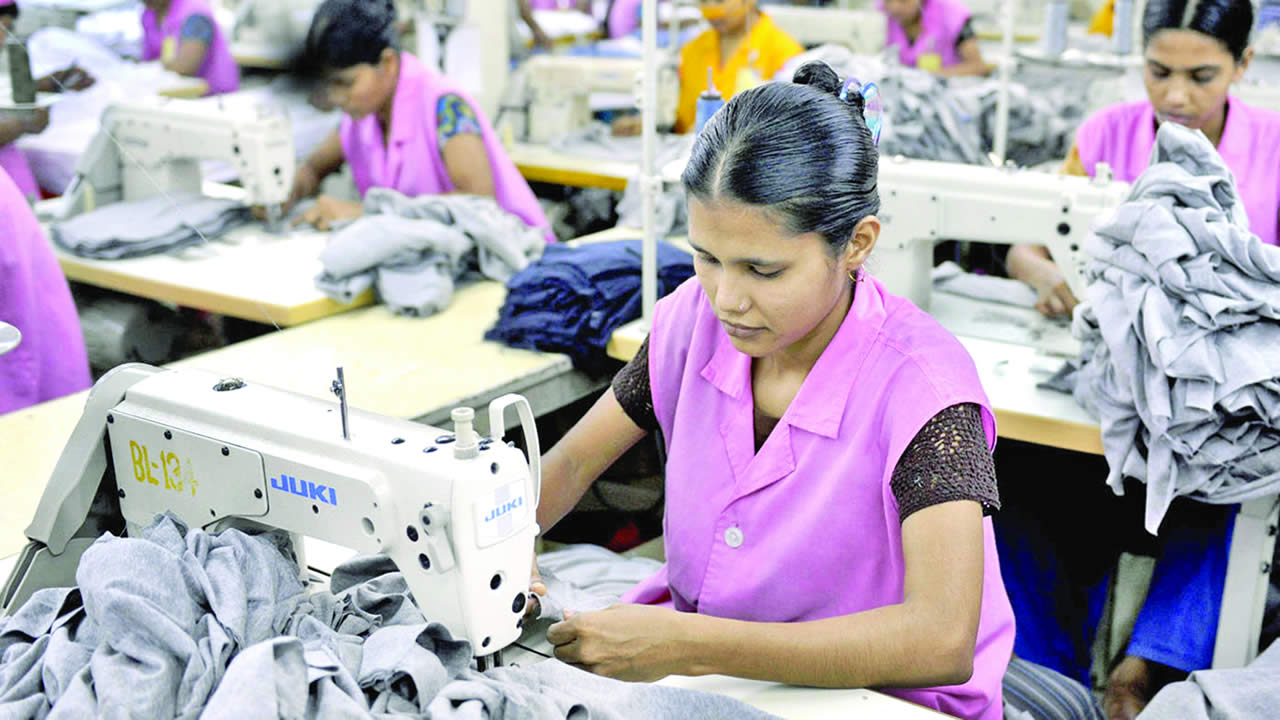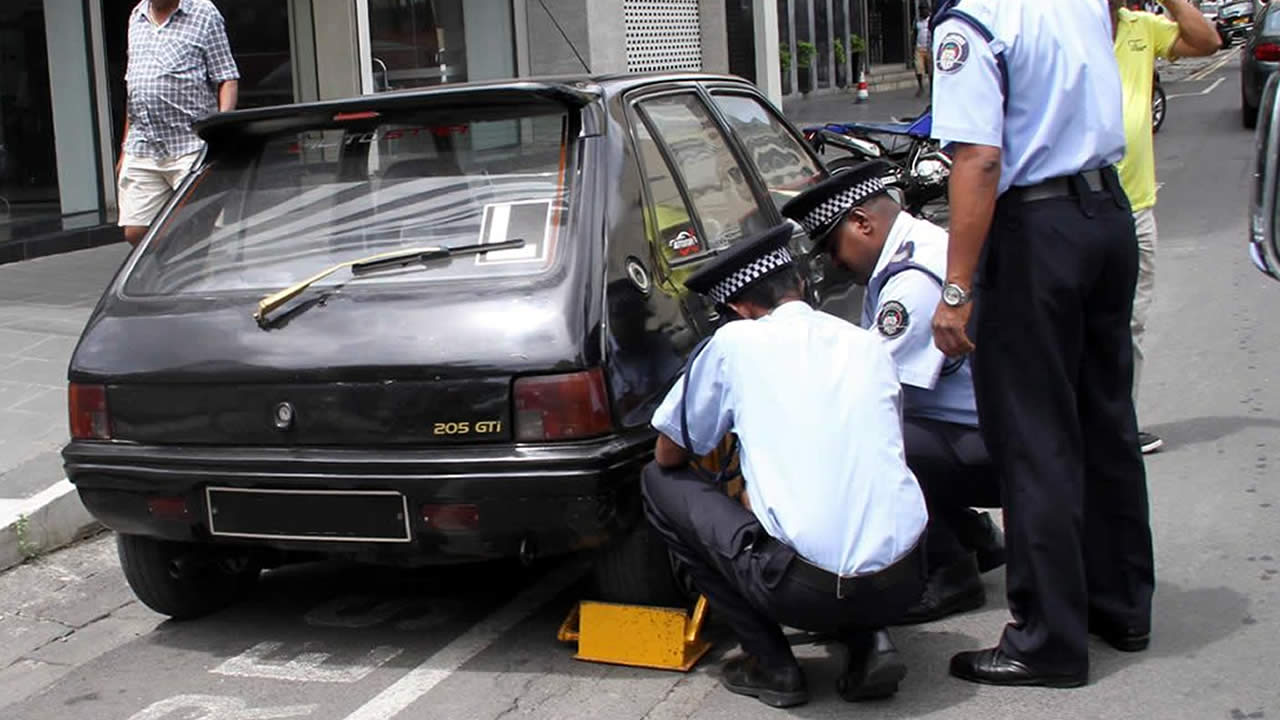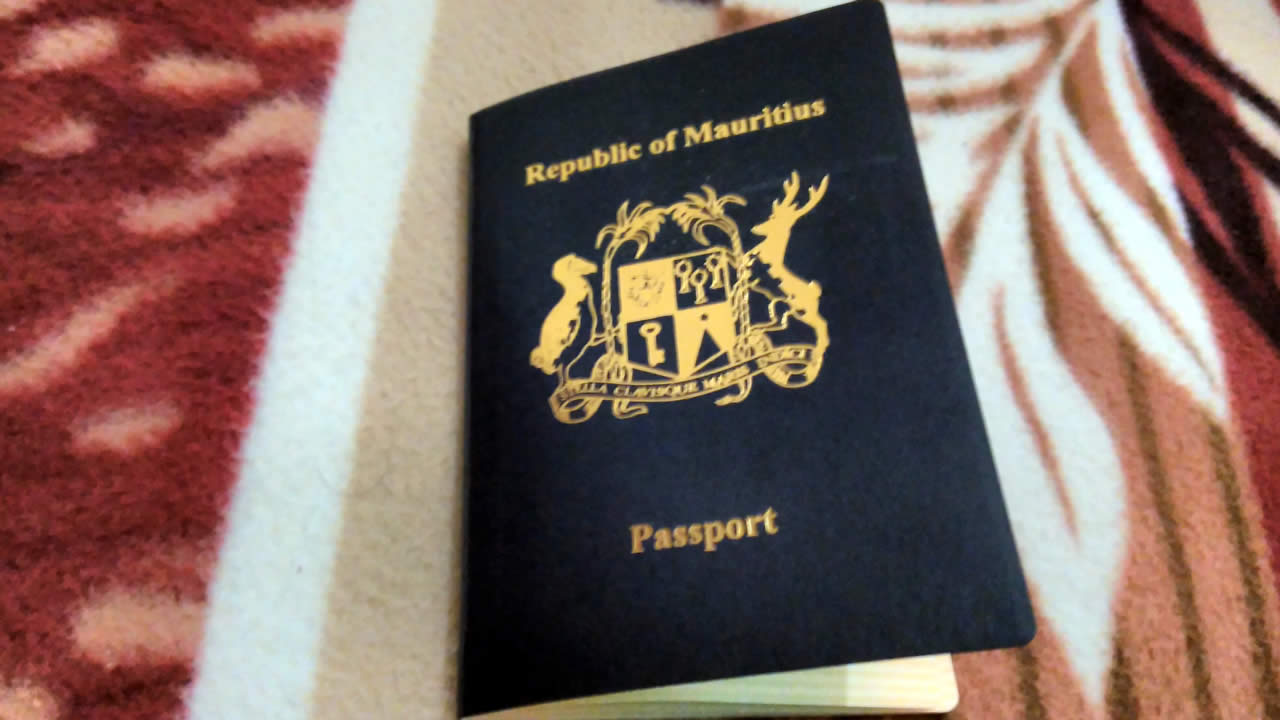
The Budget 2018/2019 presentation is now history. What really matters now is not only an efficient and swift implementation of all the announced measures, but also visible outcomes. A thorough exercise that will set in motion almost all ministries, public departments, parastatals, etc!
The much awaited budget has already revealed its secrets. At first glance, this year's budgetary exercise seems to have had the merit of aligning all stakeholders on a common positive wave length, with measures satisfying a large cross section of the nation. While those at the lower end of the social ladder have once again not been forgotten, the middle class will benefit from meaningful measures this time, especially with regards to taxation. However, while some measures are straight forward and easily implementable instantly, others are rather meant for the longer term.
The digital revolution

The government wants to accelerate the transition of the economy to a fully fledged digital environment, with emphasis on artificial intelligence (AI), Blockchain technology or Fintech. While these new orientations will allow the emergence of new activities, there is also the risk of adverse consequences, such as the loss of jobs with further automation in the future. Though this risk is minimal in Mauritius, we remain vulnerable to the consequences of a more robust penetration of artificial intelligence among our economic partners such as Europe or the United States, because if this leads to massive redundancies and loss of purchasing power of consumers, then this will have an impact on our tourism and export sectors. We can only hope that the Mauritius Artificial Intelligence Council (MAIC) that will be set up to spearhead and drive AI related activities and advise Government on the way forward will also ponder on the negative consequences and the solutions to be provided. And that the MAIC itself is led by intelligent persons!
Manufacturing sector: Inadequate measures?

The government is determined to revive the manufacturing sector, but there seems to be a lack of effective measures. Worse, there are even contradictory measures. A sector that once contributed between 20 and 25 per cent to GDP today contributes less than 15 per cent. According to Statistics Mauritius, the sector contributed only 13.4% in 2017 against 15.3% in 2014. Last year, the government removed duties on imported furniture for Smart Cities and this year, semi-knocked-down products will be duty exempted. To establish a real Import Substitution Strategy, we have to go far beyond industrial parks. For example, consumers should be encouraged, through appropriate measures, to adopt local products. Other factors that will have a definite impact on the manufacturing sector: The conclusion of the Comprehensive Economic Cooperation Partnership Agreement (CECPA) with India and the Free Trade Agreement with China.
Tax cut
 Although the drop in the tax rate from 15 to 10 per cent is highly commendable, it should be noted that the impact will be slight as many of those earning less than Rs 50,000 per month are already not paying taxes due to various tax deductions (dependent, housing loans, etc.). There has however been no VAT exemption on products and services commonly used by consumers. There is also no reform on Municipal Tax which is a tax that creates two categories of citizens in Mauritius.
Although the drop in the tax rate from 15 to 10 per cent is highly commendable, it should be noted that the impact will be slight as many of those earning less than Rs 50,000 per month are already not paying taxes due to various tax deductions (dependent, housing loans, etc.). There has however been no VAT exemption on products and services commonly used by consumers. There is also no reform on Municipal Tax which is a tax that creates two categories of citizens in Mauritius.
LPG gas

Subsidies on cooking gas will be increased in order for the price to fall by Rs 2.50 per kilo. While the objective is to make household gas more accessible to those at the bottom of the social ladder, the price cut will also benefit those who do not deserve it, like IRS /RES residents or fast food traders. Moreover, there are regulations preventing the use of domestic gas cylinders for commercial purposes but there is no enforcement.
More police officers

To fight crime and protect citizens, the government announced it will recruit 1,000 additional police officers. But is increasing quantity the solution? Today, we have many trained and experienced police officers who are being under-utilised. For example, groups of policemen can be seen busy wheel clamping badly parked vehicles or dishing out fines to motorcyclists, whilst these tasks could have been assigned to youngsters recruited and trained as traffic wardens. Traffic wardens could enforce road discipline while at the same time raise revenue for the government, thus making the job self financing. Another observation: Government provides, at nominal cost, trained policemen to stand as guard in each branch of major commercial banks in Mauritius, leaving fewer police officers to take care of public safety. Why can’t banks, which generate billions of rupees of profits, invest in their own security instead of relying on public resources?
Claude Canabady : “We welcome most measures”
 The Consumers Eye Association (CEA) says it is more or less satisfied with the announced budget measures. The association appreciates that, following the introduction of negative tax last year, this year there has been a reduction in direct tax for those at the bottom of the ladder. “We were expecting a drop in the price of fuel and this is a step in the right direction because otherwise it would have had a significant impact on the cost of living in general. Let’s hope that those in business who have increased their prices following the increase in the price of fuel, will reduce them immediately. We are surprised but also pleased with the drop in the price of cooking gas and the decision not to increase CWA water rates,” says Claude Canabady, CEA Secretary. The CEA is also glad that its request for better protection against dumping of imported products of inferior quality and possibly unfit for consumption has been favourably considered. It hopes that consumers will be better protected and that the decision will benefit local products. The consumer watchdog welcomes the measures in favour of small and medium-sized enterprises even though it would have liked to see more supportive measures. The CEA congratulates the finance minister for the additional penalties on careless drivers and the levy on plastic products. However, it has reservations about the granting of Mauritian citizenship and Mauritian passport to those who have the financial means and on the use of pepper spray. “We regret that there have not been concrete measures for people living in houses that contain asbestos,” concludes Claude Canabady.
The Consumers Eye Association (CEA) says it is more or less satisfied with the announced budget measures. The association appreciates that, following the introduction of negative tax last year, this year there has been a reduction in direct tax for those at the bottom of the ladder. “We were expecting a drop in the price of fuel and this is a step in the right direction because otherwise it would have had a significant impact on the cost of living in general. Let’s hope that those in business who have increased their prices following the increase in the price of fuel, will reduce them immediately. We are surprised but also pleased with the drop in the price of cooking gas and the decision not to increase CWA water rates,” says Claude Canabady, CEA Secretary. The CEA is also glad that its request for better protection against dumping of imported products of inferior quality and possibly unfit for consumption has been favourably considered. It hopes that consumers will be better protected and that the decision will benefit local products. The consumer watchdog welcomes the measures in favour of small and medium-sized enterprises even though it would have liked to see more supportive measures. The CEA congratulates the finance minister for the additional penalties on careless drivers and the levy on plastic products. However, it has reservations about the granting of Mauritian citizenship and Mauritian passport to those who have the financial means and on the use of pepper spray. “We regret that there have not been concrete measures for people living in houses that contain asbestos,” concludes Claude Canabady.
Gavin Ng : “Policy making continues after a Budget”
 Analyst Gavin Ng says that, over the years, the annual Budget has become much overhyped, and people believe it is a solution to all the problems of a country. In fact, a Budget is merely the allocation of resources and an overview of a government’s broad fiscal policies. “Policy making continues after a Budget. A Budget exercise cannot contain all the measures that a government would like to bring about. But nothing stops a government from making new policies and bringing new measures at any time of the year,” says Gavin Ng. He adds that almost 90 percent of the Budget expenses might be recurring expenditure.
Analyst Gavin Ng says that, over the years, the annual Budget has become much overhyped, and people believe it is a solution to all the problems of a country. In fact, a Budget is merely the allocation of resources and an overview of a government’s broad fiscal policies. “Policy making continues after a Budget. A Budget exercise cannot contain all the measures that a government would like to bring about. But nothing stops a government from making new policies and bringing new measures at any time of the year,” says Gavin Ng. He adds that almost 90 percent of the Budget expenses might be recurring expenditure.
Citizenship

While it is common for many countries to grant citizenship as part of Immigration programs to attract investment, skills and talents, the granting of Mauritian nationality or passport can negatively affect the sale of RES/PDS villas, as a holder of Mauritian nationality will be free to buy any type of residential property in Mauritius. Secondly, the amount of 1 million USD is too low. Citizenship will attract mainly European nationals while the grant of passports s likely to generate interest among Indian businessmen as they are not allowed to hold dual nationalities. Viewed from another angle, the granting of passports or nationality to new comers on the basis of their purchasing power is unfair towards established foreign investors in Mauritius who have been contributing to the economy and creating jobs for years. They should have been rewarded for their contribution. Many of these investors are reluctant to invest further because of the uncertainty of their future in Mauritius as well as the future of their children.
 J'aime
J'aime













